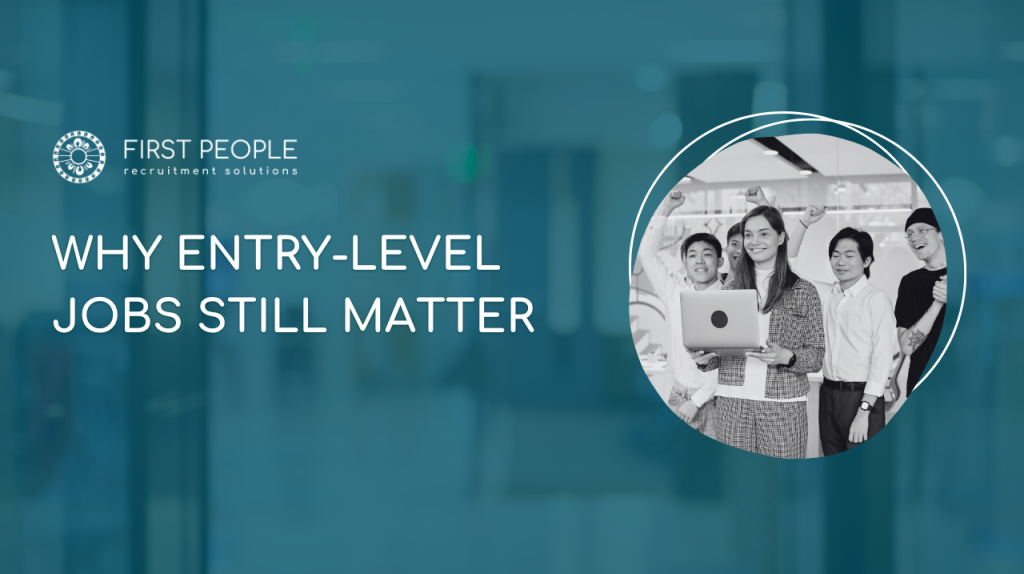As we head toward 2024, companies face a variety of opportunities and difficulties as the workplace continues to change. It is imperative for organisations to adopt and leverage these developing trends if they hope to flourish in the ever-changing professional landscape. The following major workplace developments are influencing how we work this year:
- Hybrid Work Models: As a result of the pandemic’s effects, the conventional office paradigm has changed, giving rise to a surge in hybrid work models. Businesses are embracing more flexible work arrangements that strike a mix between remote and in-person collaboration. This shift acknowledges the importance of work-life balance and caters to the different demands and preferences of the workforce.
- Emphasis on Employee Well-Being: Organisations are putting more of an emphasis on employees’ holistic well-being because they understand that happy, well-supported employees are more productive. In order to provide a happy and encouraging work environment, employee assistance programs, mental health initiatives, and wellness benefits are increasingly becoming essential parts of corporate cultures.
- Persistent Adoption of Technology: Data analytics, automation, and artificial intelligence are all crucial to the continued rapid growth of technology. Effective use of these technologies gives businesses a competitive edge by improving productivity, optimising workflows, and opening up new opportunities for personnel management.
- Diversity, Equity, and Inclusion: There is a growing demand for workplaces that are inclusive, egalitarian, and varied. Initiatives to address equity gaps, create an inclusive culture, and advance diversity at all levels are becoming top priorities for employers.In addition to reflecting moral principles, this dedication is acknowledged as a major force behind innovation and commercial success.
- Skill Development and Ongoing Learning: As the nature of work changes, a workforce with adaptable skill sets is required. Businesses are spending money on retraining and upskilling staff members through continuous learning initiatives, which help them stay flexible in the face of changing job demands.
- Purpose-Driven Leadership: Organisations with a distinct mission that goes beyond financial success are attracting a growing number of employees. Businesses that place a high value on environmental sustainability, ethical behavior, and social responsibility draw top talent and encourage pride and involvement among their employees.
Employers can design work environments that not only meet the needs of the present by navigating these tendencies.



